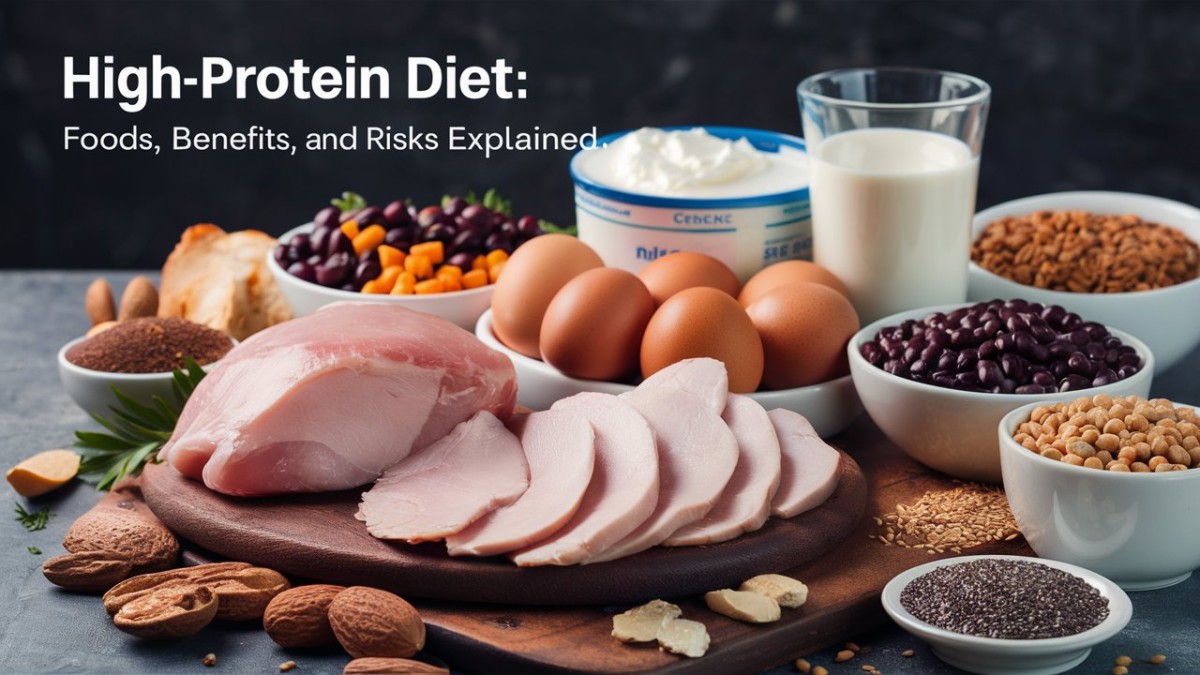Protein, protein, protein…. Include protein in your diet.
It is highly recommended for your muscle growth to keep you strong and healthy.
Is everyone around you suggesting you follow a high-protein diet?
Do you want to explore a high-protein diet in depth? In this blog, let’s understand every little detail regarding a protein diet and the best protein-rich foods for you to include in the high-protein diet.
What is a high-protein diet?
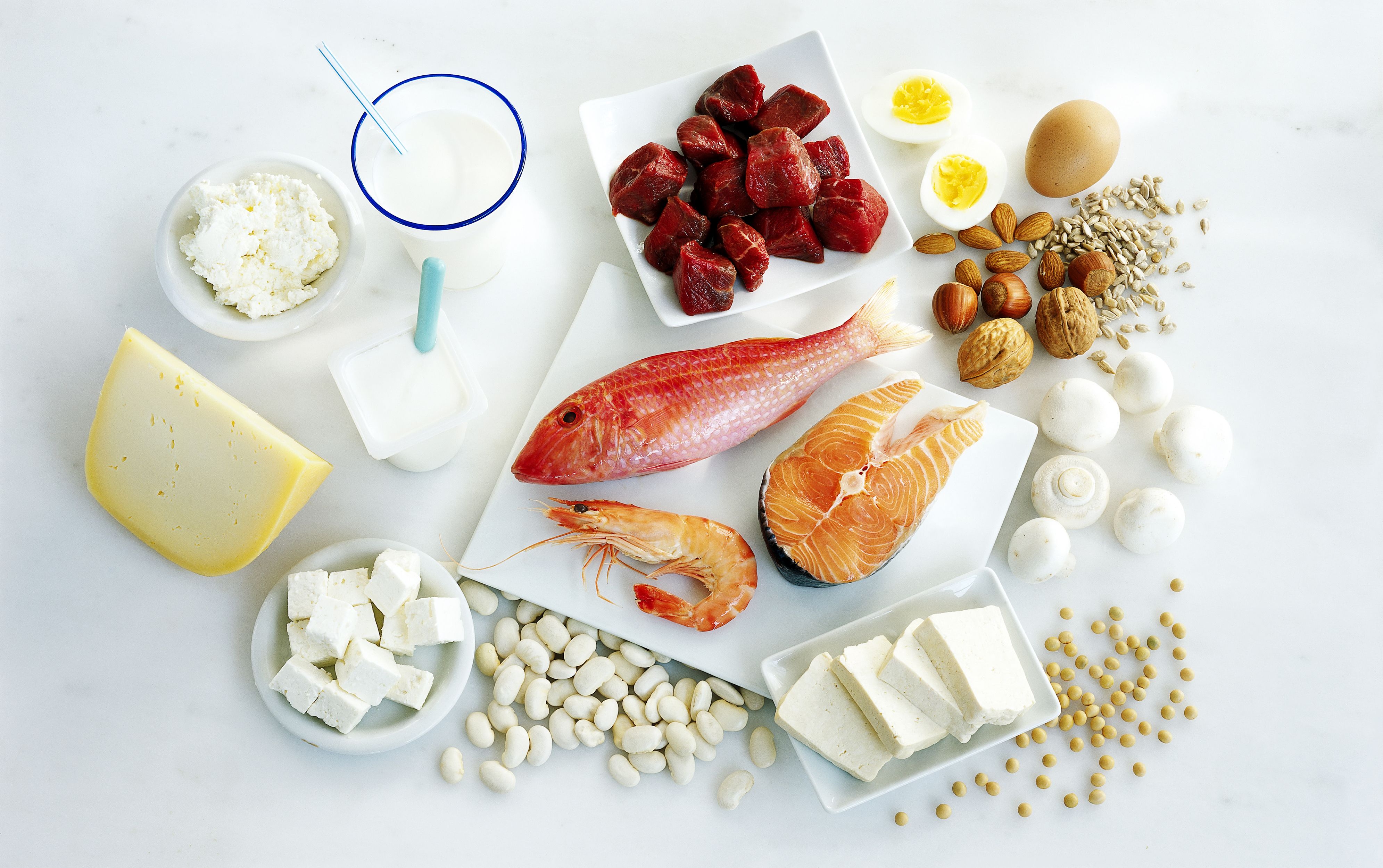 A high protein diet can be understood by the name itself as it emphasizes protein intake by reducing the amount of carbohydrates and fats in the dietary routine. Did you know in what aspects this high protein diet is helpful, it helps you to repair muscles and hormone production and it helps with your overall bodily functions.
A high protein diet can be understood by the name itself as it emphasizes protein intake by reducing the amount of carbohydrates and fats in the dietary routine. Did you know in what aspects this high protein diet is helpful, it helps you to repair muscles and hormone production and it helps with your overall bodily functions.
When you follow a high-protein diet you get the 20-30% of calories from protein itself. As per the dietary recommendation, male adults should get 56 grams of protein and female adults should get 46 grams per day of protein to avoid nutritional deficiencies i.e., as per the Recommended Dietary Allowance (RDA) you should take 0.8 g per/kg of body weight of protein.
What foods should be included in a high-protein diet?
Protein comes from a variety of sources that can be either plant-based or animal-derived(300 grams of animal protein is generally recommended), so here are a few foods that are rich in proteins:
Category |
List |
|
Lean meats |
Did you know that lean meats are sources of protein? They are chicken breast, turkey, beef and pork. |
|
Fish and seafood |
Salmon, tuna, and shrimp provide protein along with heart-healthy omega-3 fatty acids. |
|
Eggs |
Most of you might be including eggs in your diet which is an affordable source of complete protein. |
|
Dairy products |
In dairy products greek yogurt, cottage cheese, and milk offer protein along with essential vitamins and minerals. |
|
Legumes |
Lentils, chickpeas, and black beans are essential fiber and protein sources. |
|
Nuts & Seeds |
Almonds, walnuts, pumpkin seeds, chia seeds, and flaxseeds are high in protein and healthy fats. |
|
Whole grains |
Quinoa, buckwheat, amaranth, and farro are good sources of protein and essential nutrients. |
|
Tofu, tempeh, and edamame are excellent sources of plant-based protein. |
Also, read High protein veg foods.
Benefits of a High-Protein Diet
Weight Loss and Management:
 The primary benefit of following a high protein diet is it helps to lose weight and who can say no to a healthy weight loss benefit offered by this high protein diet? A high-protein diet can best help you to lose weight by increasing satiety and reducing your overall calorie intake. Did you know that protein takes a long time to digest and keeps you fuller for a longer time(because it releases hormones called PYY and GLP-1), reducing frequent hunger? As per a few reports proteins are known to boost metabolism and reduce appetite which is associated with weight management.
The primary benefit of following a high protein diet is it helps to lose weight and who can say no to a healthy weight loss benefit offered by this high protein diet? A high-protein diet can best help you to lose weight by increasing satiety and reducing your overall calorie intake. Did you know that protein takes a long time to digest and keeps you fuller for a longer time(because it releases hormones called PYY and GLP-1), reducing frequent hunger? As per a few reports proteins are known to boost metabolism and reduce appetite which is associated with weight management.
Muscle Building and Maintenance:
 This is the best option for all the muscle builders and athletes out there because a high-protein diet helps you to build muscles and maintain your muscle growth. Proteins are highly essential for muscle growth and repair. Along with that following a protein diet can help you to preserve muscle mass when combined with resistance training. Older adults with muscle loss issues due to their age can also get support from a high-protein diet.
This is the best option for all the muscle builders and athletes out there because a high-protein diet helps you to build muscles and maintain your muscle growth. Proteins are highly essential for muscle growth and repair. Along with that following a protein diet can help you to preserve muscle mass when combined with resistance training. Older adults with muscle loss issues due to their age can also get support from a high-protein diet.
According to The American Journal of Clinical Nutrition, high-protein diets are effective in promoting weight loss and reducing fat mass, especially when combined with resistance training.
Improved Metabolic Health:
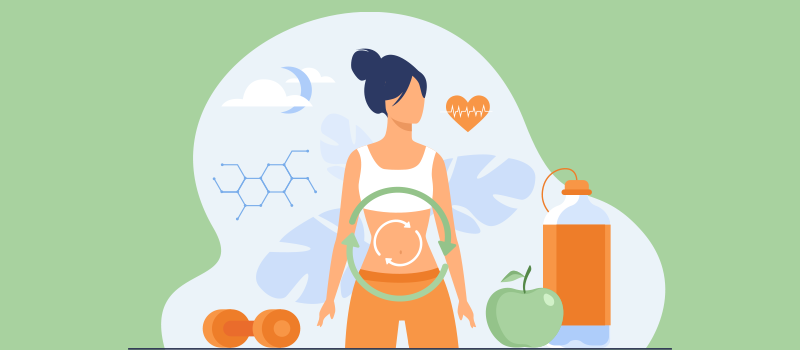 ❖ You can give it a try on a protein diet because consuming adequate protein can improve metabolic health by regulating blood sugar levels and reducing the risk of type 2 diabetes. Also, proteins are best helpful in managing or stabilizing blood sugar levels by preventing spikes and crashes that are associated with overeating and weight gain.
❖ You can give it a try on a protein diet because consuming adequate protein can improve metabolic health by regulating blood sugar levels and reducing the risk of type 2 diabetes. Also, proteins are best helpful in managing or stabilizing blood sugar levels by preventing spikes and crashes that are associated with overeating and weight gain.
❖ As per a review in 2018 including higher amounts of protein is known to increase your basal metabolic rate (BMR) and resting metabolic rate (RMR). This means that you can burn more calories after eating and even during sleeping for up to several hours.
❖ Also, protein makes your body work harder to digest, absorb, and store food which is called the thermic effect of food (TEF). For protein, 20-30% of the calories you consume are used just to digest it. For carbohydrates, the TEF is 5-10%, and for fats it is 0-3%.
❖ As per a study on diabetes high-protein diets have been associated with better glycemic control it states that increasing protein intake improved blood sugar levels and insulin sensitivity in people with type 2 diabetes.
Enhanced Bone Health:
 When you include adequate amounts of protein in your diet it helps you to increase bone density by reducing the chances of fractures, especially in older adults. Also, it helps with the wound healing process.
When you include adequate amounts of protein in your diet it helps you to increase bone density by reducing the chances of fractures, especially in older adults. Also, it helps with the wound healing process.
Potential Risks of a High-Protein Diet
Now that we’ve understood the benefits of following a high-protein diet let’s now understand what are the risks associated with high-protein diets:
Kidney Strain:
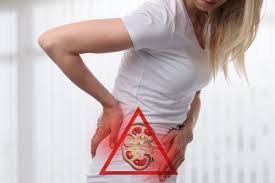 When you include excessive protein in your diet, it can lead to strain on kidneys most probably in people with pre-existing kidney issues. So, if you are having any existing kidney issues make sure you consult with your doctor before starting this high-protein diet.
When you include excessive protein in your diet, it can lead to strain on kidneys most probably in people with pre-existing kidney issues. So, if you are having any existing kidney issues make sure you consult with your doctor before starting this high-protein diet.
Nutrient Deficiencies:
By only giving importance to proteins, this diet excludes fats and carbohydrates which are also essential to support your overall health. This results in nutritional deficiencies showing symptoms such as headaches, constipation, and bad breath issues. Try to have a balanced diet by including the recommended nutrition to meet your body's needs without nutritional deficiencies.
Digestive Issues:
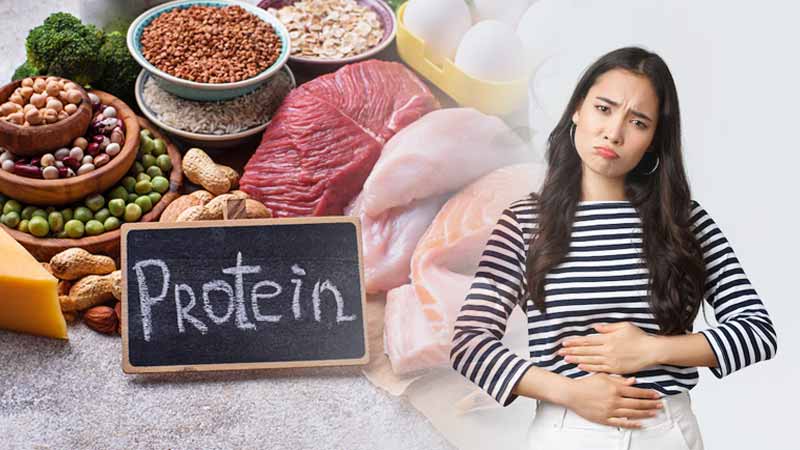 Digestive issues such as constipation may arise in people following a high-protein diet because it reduces the amount of fiber in foods. So make sure you also include a few sources of fiber that are found in foods such as fresh fruits and vegetables and whole grains.
Digestive issues such as constipation may arise in people following a high-protein diet because it reduces the amount of fiber in foods. So make sure you also include a few sources of fiber that are found in foods such as fresh fruits and vegetables and whole grains.
Cardiovascular issues:
As you are including a high amount of protein in your diet, it may also contain animal fats that can increase the risk of cardiovascular diseases. So you need to balance them with the foods that promote a healthy heart such as omega-3 fatty acids.
Takeaways:
Are you covered with all the information you need to know before starting a high-protein diet? So without any further delay consult with the best dietitian who can help you with a diet plan suitable for your dietary routine and enjoy your balanced meals with a rich touch of protein!

